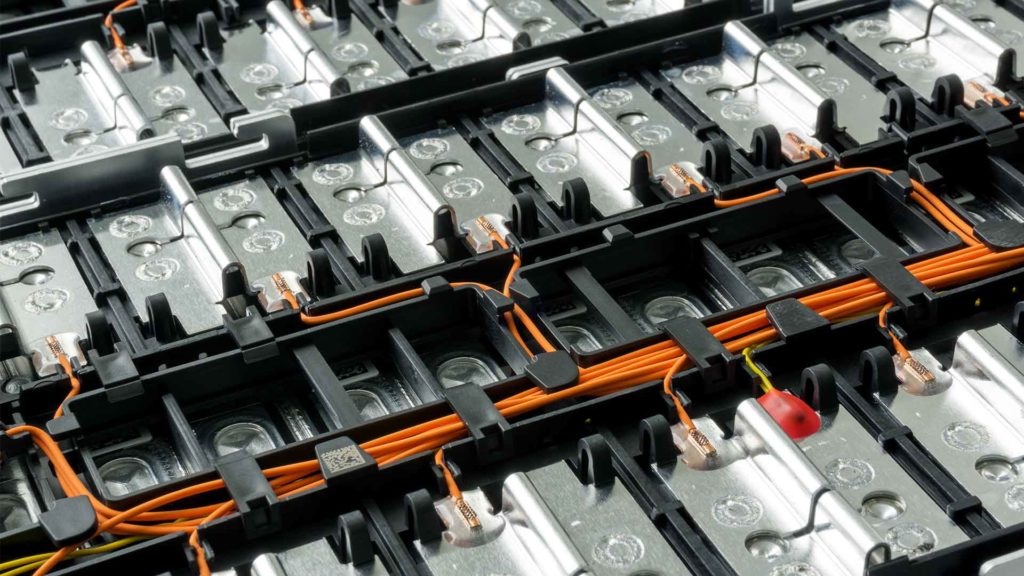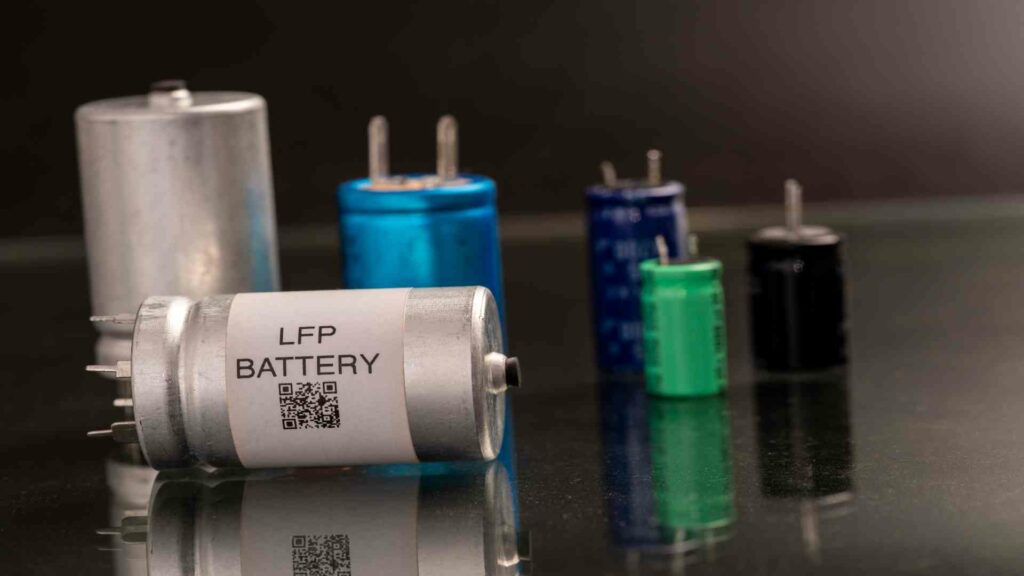What is Advanced Energy?
Nowadays, companies are striving to become more sustainable and energy-efficient. It may seem like an abstract term. But advanced energy is present in everyday life when people use battery-powered devices instead of electric ones or tap into solar power.
Advanced energy is usually defined by sustainable sources of fuel like natural gas or other types of renewables. The renewables produce minimal pollution when they’re used. This is evident in places where there are laws against using coal because it has a high carbon dioxide emission rate among others pollutants.
There are three types of Advanced Energy: distributed generation (DG), demand response (DR), and onsite generation.
Distributed generation uses clean sources such as wind turbines or PV panels at specific locations such as residences, businesses, or campuses. Demand response manages customer load during peak hours by turning down their thermostat settings or overall system usage levels. While Onsite generation uses a building’s generating system to save organizations up to 30% on their overall electrical costs.
Another way of using Advanced Energy is through Energy management systems (EMS).
What is an Energy management system?
These are computerized, automated control systems for utilities and industrial companies to monitor and regulate power usage. EMS helps businesses intending to reduce inefficiencies by balancing supply and demand. It also manages peak loads such as during storms or times when electricity rates are at a premium like nights and weekends. This means lower utility bills without sacrificing performance levels or interrupting other business processes.
There are two types of energy management systems. The first is a centralized energy system that has many power plants and sources. This type of energy management relies heavily on fossil fuels. The second type of Advanced Energy Management System is decentralized where there are only a few power plants or other sources. But they are more efficient because they don’t have to be so close together as in the case of centralization.
Advantages of Energy management systems
Lower utility bills
An energy management system lowers your utility bills by adjusting the power demand to meet your needs. The EMS adjusts according to how much energy you need throughout the day, week, or month. And this way it allows for better management of energy use and lower utility bills.
Minimize environmental effects
It eases the strain on our environment by reducing greenhouse gas emissions. This is important to achieve the goal with optimized building performance using an Energy Management System. That will help reduce global climate change due to fossil-fueled power generation plants that are causing global warming.
An energy management system will ultimately lead to reduced greenhouse gas emissions. It also increases renewable resources such as solar or wind turbines.
Reduce operational costs
Energy management systems can also significantly reduce operating costs. Since they are designed to optimize system efficiencies which in turn translates into savings on capital expenditures over time. It includes fuel consumption rates, maintenance costs, insurance premiums, etc. This cut down is via a software interface. It can monitor and control the electrical flow to each device.
Achieve optimum productivity and comfort
An Energy Management System helps achieve optimum efficiency in a workplace by getting rid of wasted resources. It also improves worker performance and provides comfortable working conditions. This is possible through improved ventilation, lighting levels, temperature control, and sound levels. These factors show a positive effect on workers’ health. It is crucial for businesses as it impacts profitability on an average day-to-day basis.
Immediate benefits from installing Energy Management Systems
Installing an energy management system can provide long-term savings. Especially when paired with other investments such as insulation or window upgrades that yield immediate cost reductions while lowering utility bills over time.
These systems reduce greenhouse gas emissions with optimized building performance. And the company can enjoy reduced energy losses from inefficiencies. They also cause fewer environmental effects such as pollution or global warming.
Companies can take advantage of their own generating systems while simultaneously balancing energy loads. They do it via an Advanced Energy Management System to cut down on utility bills. The system works without sacrificing performance levels or interrupting other company processes. This type of Advanced Energy is useful in organizations like hospitals, schools, office buildings, and retail stores. It works in any place where steady continuous operation is important to maintain life safety conditions.
Energy management systems can do much more than just prevent costly waste through their automated control mechanisms. An HVAC unit’s thermostat setting will turn off when no one is inside the office building. If your business employs industrial machinery like conveyors belts or heating coils, then you’ll want to add intelligence controls to those machines. Do it with the help of a PLC controller.
Role of Boron in energy management systems
Boron is a micronutrient that plays an important role in the long-term sustainability of energy management systems. It helps to extend their life for more than 20 years.
Boron shows some key advantages over other additives. It can reduce corrosion rates on high voltage contacts by as much as 90%. Boron is more than twice as effective in reducing pitting in comparison to other additives.
Boron helps the energy management systems with the following:
- Reduced power losses
- Less environmental impacts and emissions
- Longer lifespan of the system (i.e., more than 20 years)
- Improved reliability, with up to a 90% reduction in breakdowns due to corrosion or pitting.
Conclusion
In many cases, Advanced Energy Management helps to introduce new technologies that use less power than older devices. It can help save money in the long run by decreasing operational costs as well as reduce energy loss from inefficient equipment.
This solution does not require a change of infrastructure. Because it uses existing resources such as waste heat. It results in reduced emissions making it environmentally friendly too.
In conclusion, Advanced Energy Management Systems provides various benefits related to reducing losses due to power generation. And saves money through lower operating expenses while meeting climate change goals set forth by EPA among others.





